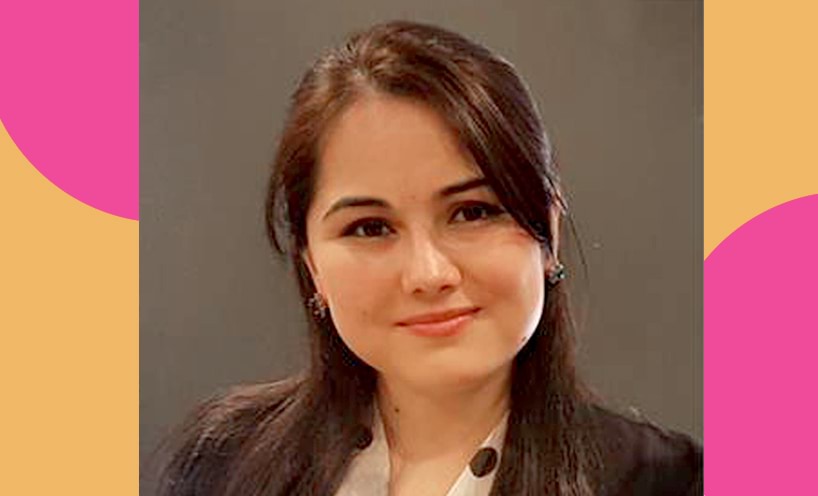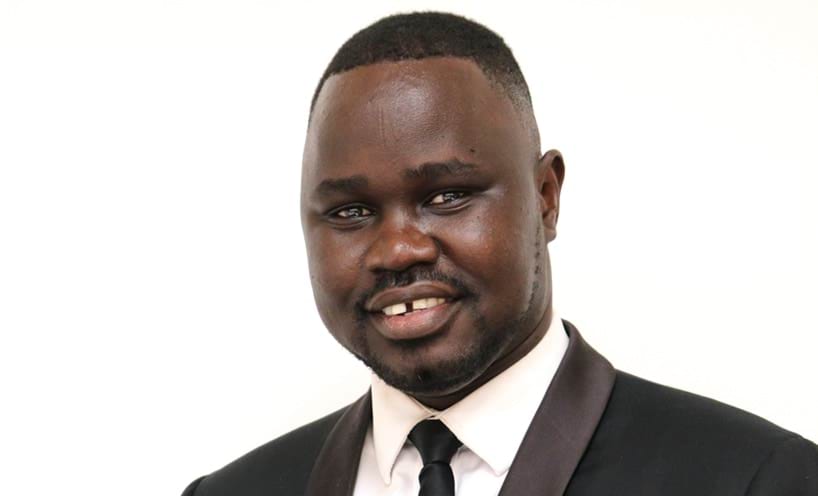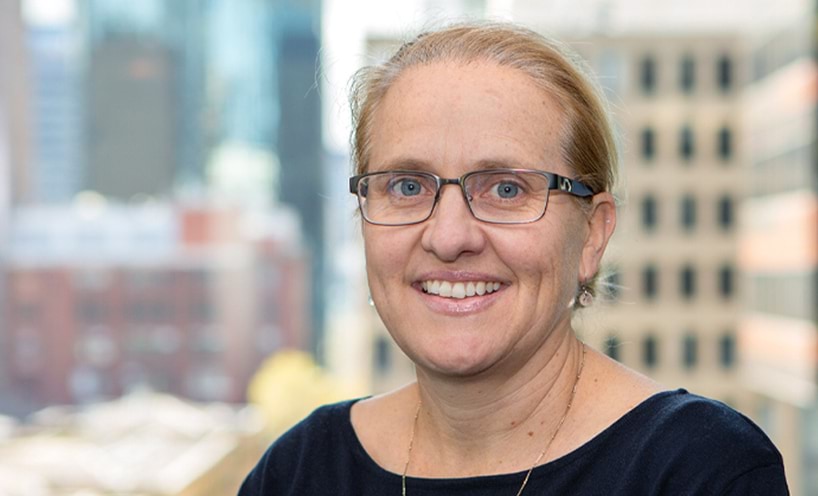- Published:
- Monday 18 March 2024 at 10:00 am
Culturally diverse communities are core to Victoria’s rich character and identity. They’re also a significant client group in the legal assistance sector.
At Victoria Legal Aid, 28 per cent of our clients are from culturally and linguistically diverse backgrounds – many in Melbourne’s outer suburbs. In Victoria’s community legal centres, some 16 per cent of clients do not speak English as their main language.
When practitioners tailor their service to their clients’ unique cultural needs, the justice system is fairer and more accessible for all.
For Cultural Diversity Week, we asked three lawyers from different corners of Melbourne why cultural awareness and respect matter when providing legal services.
Anisa Zahidee, Victoria Legal Aid in Frankston
Anisa Zahidee is one of the senior family lawyers at our office in Frankston in south-east Melbourne. She maintains complex case files and provides duty lawyer service at courts.
Anisa offers outreach services in the local community at The Orange Door and Anglicare in Frankston and encourages lawyers to go out into communities to build their awareness.
‘Community engagement and prevention work such as community legal education provide an excellent opportunity for lawyers to engage with multicultural communities,’ she said.
‘It also provides the lawyers with an opportunity to engage in valuable discussions and understand and explore some of the cultural norms and sensitivities which will assist them enormously in their practice.’
She thinks good relationships with clients are key to helping them with complex cultural needs.
‘I find that clients from multicultural backgrounds often have no prior interactions with police or courts and find it extremely difficult to navigate the court system.
‘They mostly do not understand the law or have significant language barriers … [and] may feel anxious at court or embarrassed, … hesitant to discuss the details of their matter.’
Anisa suggests offering clients an interpreter service in their preferred language – making use of on-call and on-site interpreters – and arranging more time to address their needs.
‘As we are often busy on court duties and unable to spend significantly long periods of time with each client, one culturally aware and sensitive practice is to book further appointments for the client where they can obtain detailed legal advice and assistance with their matter.’
John Kon, Brimbank Melton Community Legal Centre
John Kon is a community lawyer at Brimbank Melton Community Legal Centre in Melbourne’s west and has worked with multicultural communities for over 10 years. He was acknowledged in the Victorian Parliament for his community work by Melton MP Steve McGhie in 2019.
He has also provided legal support to young people applying for Australian citizenship through the Youth Citizenship in the West program – a partnership between Victoria Legal Aid, WEstjustice, Brimbank Melton Community Legal Centre and other organisations.
Working with diverse clients, John says being culturally aware and sensitive helps him build rapport and break barriers, improving the quality of his service.
‘The approach that I have taken to accommodate the cultural norms or values of my clients is that I provide full attention to my clients whenever they are speaking,' he said.
For clients who may not speak English as their first language, he stresses the importance of speaking slowly in simple English without jargon, using an interpreter where appropriate, confirming if the client understands and allowing them to ask questions.
‘For some clients, I avoid looking them into their eyes as the sign of respect.
‘Some clients find it very difficult to share sensitive information as they don’t trust authorities due to previous trauma that the client might have experienced.
‘It’s always important to remind them about the duty of confidentiality that their information could not be shared with others.’
Clare Stone, Victoria Legal Aid in Broadmeadows
Clare Stone is a senior criminal lawyer in our Broadmeadows office in Melbourne’s north where she has worked for over 18 years. She is currently on secondment in our Community Legal Education team, delivering educational sessions to diverse student groups.
‘To represent someone effectively is to be their voice,’ she said.
‘To be their voice, the most important thing we can do is to listen – to listen to how they see things – to their perspective which may be quite different to our own perspective.’
Clare says she has gained valuable insight and learning about culturally sensitive approaches to justice from her experiences with the Koori Court.
‘The Koori Court provides such a respectful cultural environment and places culture at the very forefront of each matter,’ she said.
‘I had a young male First Nations client who allowed me over time to get to know his family and cultural connections, and he built up trust in me along the way.
‘Because the Court has such an empathetic approach he opened up and shared more with us about his upbringing, and he followed through on all his “homework” for the Elders and magistrates. There was such a sense of mutual respect between him and the Court, and this made a huge difference to the ultimate outcome in his matter.’
Clare also reflects on the importance for lawyers to continually improve as professionals.
‘Be prepared to admit when perhaps we could have done it better and that we need continuing cultural awareness training. Take the time for any such trainings, to debrief with colleagues and to seek advice from managers.
‘Don’t be scared or afraid to try again and to take risks to reach out and learn – you might discover a client that can fluently speak eight languages or one who is illiterate but knows far more about protecting the planet than you could ever envisage or one who came to Australia via the most difficult circumstances imaginable.
‘I have learnt so much from people with contrasting backgrounds from my own.
‘The benefits can certainly be both ways!’
More information
Find out about our Client-first strategy and Cultural Diversity Week (18–24 March 2024).
Updated




